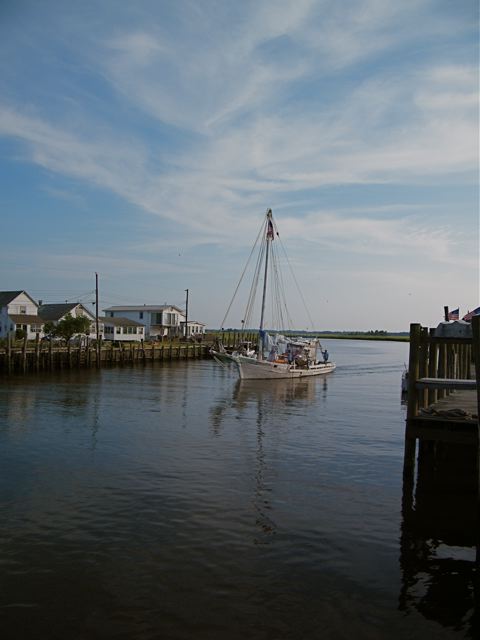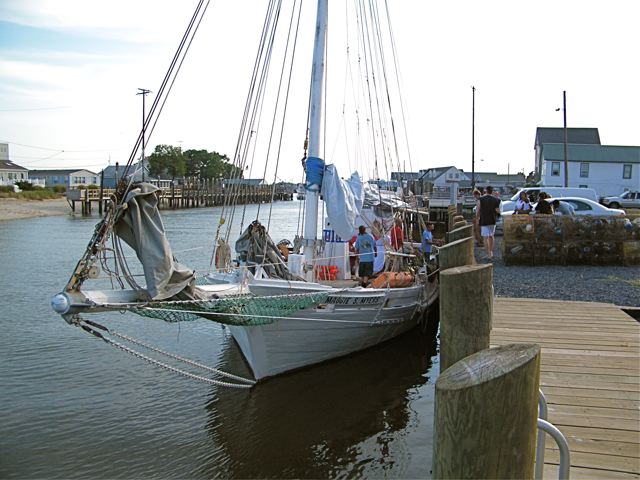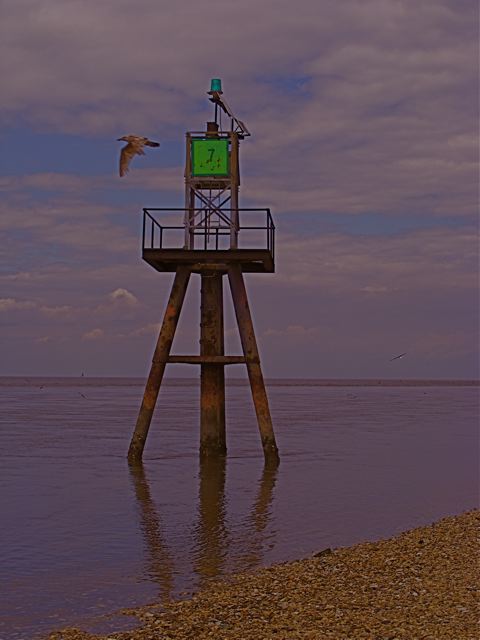November 10, 2012 — Moriarty is my name. I am The Phantom of the Blog. Samantha’s out promoting her book, Begins the Night Music, so she assigned me to writing this one. Uh-only you-u-u—u … O-o-o …. I found a playlist Samantha left here in her computer – “Love Songs We Used to Sing.” Cool. It’s mostly ‘50s songs. I didn’t know she was that old. Did you? Uh-only you-u-u—u … O-o-o…. When I turn the music up it resounds off the walls of the blog. I like to go up to the mezzanine. The acoustics up there are great. I like to stand at the rail and sing. Then, I’m the Phantom of the Opera. It’s like being onstage. Yesterday I was singing and gesticulating and I nearly fell over the rail. I dropped the blog keys. I don’t know where they went. I lost them again, the extra set. They fell down over the rail into some story backdrops. I can’t find which story they are in. I didn’t tell Samantha.
Oh, what was that? Let me spin around in the chair here. Was that the doorbell? I don’t know. Maybe it was the phone. The music’s so loud. Maybe it’s Samantha. She’s probably calling to find out where the keys are. She can leave a message. Uh-oh yes, I’m the great pretender…. Just laughing and gay like a clown. I seem to be what I’m not, you see. I’m wearing my heart like a clown—uh, crown, pre-eetending that you’re still around.
Ihhhhh-hihchoooooo!! [Sniffle.] Bless me, I sneeze. Hhhhh-hhhh-hihcheeoooo!! This blog is so dusty. Samantha hasn’t been around much and I don’t dust. I’ve told her that. I vacuum and I tidy up. I mow the lawn. I will even write a chapter. But I don’t dust. I don’t even like dust. Hhhhhh-chiiiiihhh!! I need a hanky. Excuse me a minute.
* * *
OK. Here we are. I’m back. Come with me to the sea of love. Hhhhh-chiiiiihhhoh!! [Snort.] I want to tell you how much I love you. Simple words. Life must have been simple back then. I wasn’t around then, trust me. Do you remember whe-e-en-n we met? Mmm-mmm….
I’ve met some of Samantha’s friends when they come pad around in the blog. Not a bad group. Just the other day I was talking to her friend R about her. We were saying that, you know, she’s— well, I won’t say.
I should say she’s m-m-m— ihhhhhh-chooooooo!! Bless me. She’s mu-u-u-ch – hhhhhh-chihhoooooo!! I have to go blow my nose.
I’m going up to the cupola. C’mon.
No one could ever sneak up on you up here – creaking stairs.
Whew. It’s stuffy up here. How do you like the rug? It’s that worn, red Persian she bought. It has a fringe only on one end. See? Let me open a window. [Grunt.] Uhh, it kind of sticks. There. Ahh, the scent of drying leaves and tall grass. Soon she’s gonna want me to rake leaves. Today it’s beautiful out there across the meadow, isn’t it?
So, before the light, hold me again with all of your might, in the still of the night… shoo-doot-shoobie-doo-shoo-doot-shoobie-doo-ooo-OOO-ooo—
And there’s this song. What is it? “Unhinged Melody”? Oh, “Unchained Melody”. Good song. Samantha has it woven throughout her playlist. Dum-dum-dumdummm….
What the— What’s that? A water spout? It’s cruising just above the stream. Holy— It’s floating on air. It looks like a— a monk, dressed in black, arms folded across his chest, nothing on his gray head, and bare feet. Uh-oh. He’s coming this way, floating across the meadow, fast. Geez. He’s headed right for me. He’s getting smaller and more distinct as he gets closer.
Whoa! I gotta step back. Through the window. “Oh, hello. Who are you?”
“Greetings. I am the Black Monk.” His smile is friendly, but sly.
“Well, that seems rather obvious. Where did you come from?”
“I have always been around. I am Anton Chekhov’s legendary Black Monk. Once there were many of us and we all floated around together. Now there’s just one. I am a phantom.”
“No you’re not. I’m the Phantom. Moriarty’s my name.”
“I am a phantom, too.” [He digs into a pocket inside his robe.] “These yours?” [He holds up something jangling and sits down in the plain, white, wooden chair at the edge of the rug.]
“My keys. Where did you find them?”
“Down by the stream.”
“I dropped them inside the blog, from the mezzanine. How’d they get all the way out there? Did they float?”
“The mauve and black raccoon handed them to me. Didn’t you know you had a raccoon around here?”
“Where? Down there at the stream by that brown herd of deer?”
“That’s a common herd.”
“Well, no. I didn’t know we had a raccoon. Anyway, mauve’s a synthetic color. Therefore the raccoon must not be real.”
“Nothing’s real; it’s all in our minds, an illusion. It’s the scenes of the play you create on the stage of your mind. You’re the writer and director. You can play out the scenes any way you want. Your ultimate awareness that it’s an illusion will separate you from the Common Herd, the ones so attached to their illusory realities, the greedy ones who judge others by their own fantasies whirling around in their little heads like a herd of dervishes.”
“But I’m the real Phantom.”
“We are both phantoms.”
“Well, then, if we are both phantoms, we are having a phantom dialog. That’s uncommon.”
As I say this, the Black Monk starts to dissipate; little by little he is disappearing until all I see is his black robe and – uh – that’s gone. I, Moriarty, the Phantom of the Blog, am standing here talking to a plain white chair, like a silly fool.
But wait— over there. Do you see that? Look. No, not there. No, it’s not just in my mind. Over there, a little to the right. Over there in the tall, gold meadow grass: The Blue Deer. The Blue Deer has a fawn. It’s blue with white spots. Wait’ll I tell Samantha! A blue and white polka-dotted fawn: the color of the sky with white, fluffy clouds on a crisp autumn day.
Oh, she ends the playlist with Buffy Sainte-Marie … And here I’ll stay until it’s time for you to go.
I’ve gotta go down and get the rake out of the shed now. Watch— don’t trip over that chair.
—Moriarty, The Phantom of the Blog
Samantha Mozart, editor










































